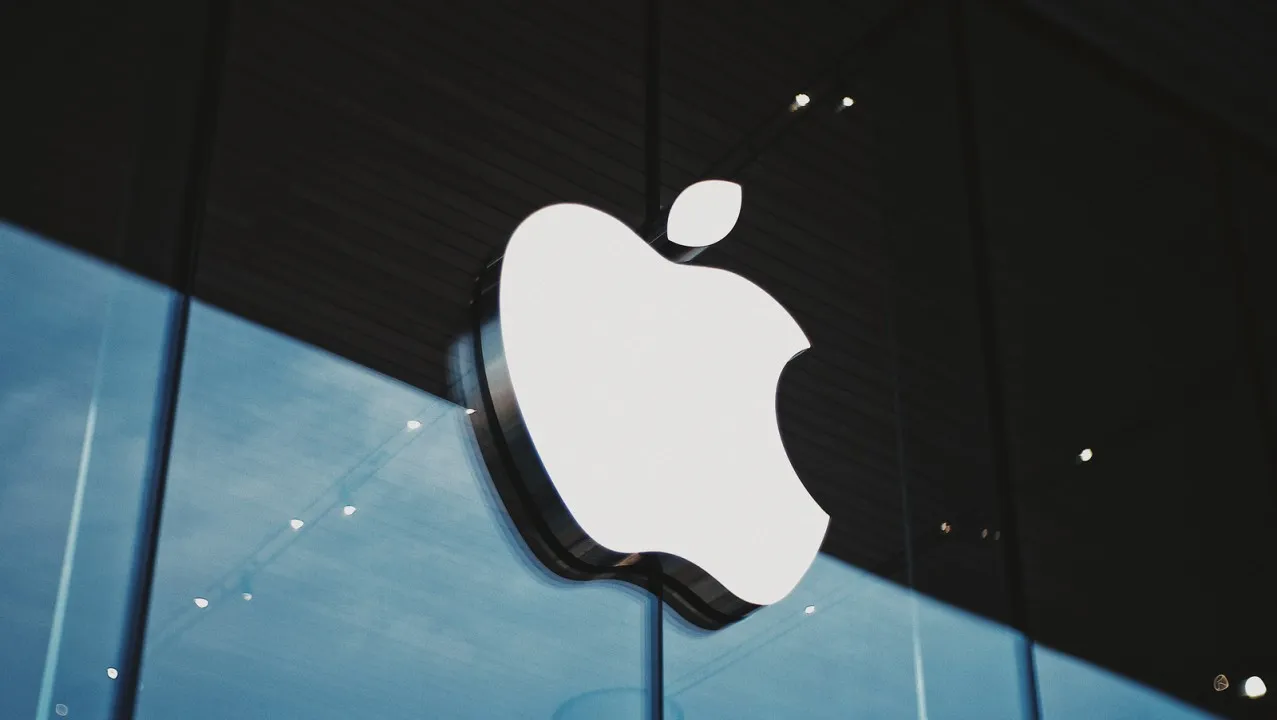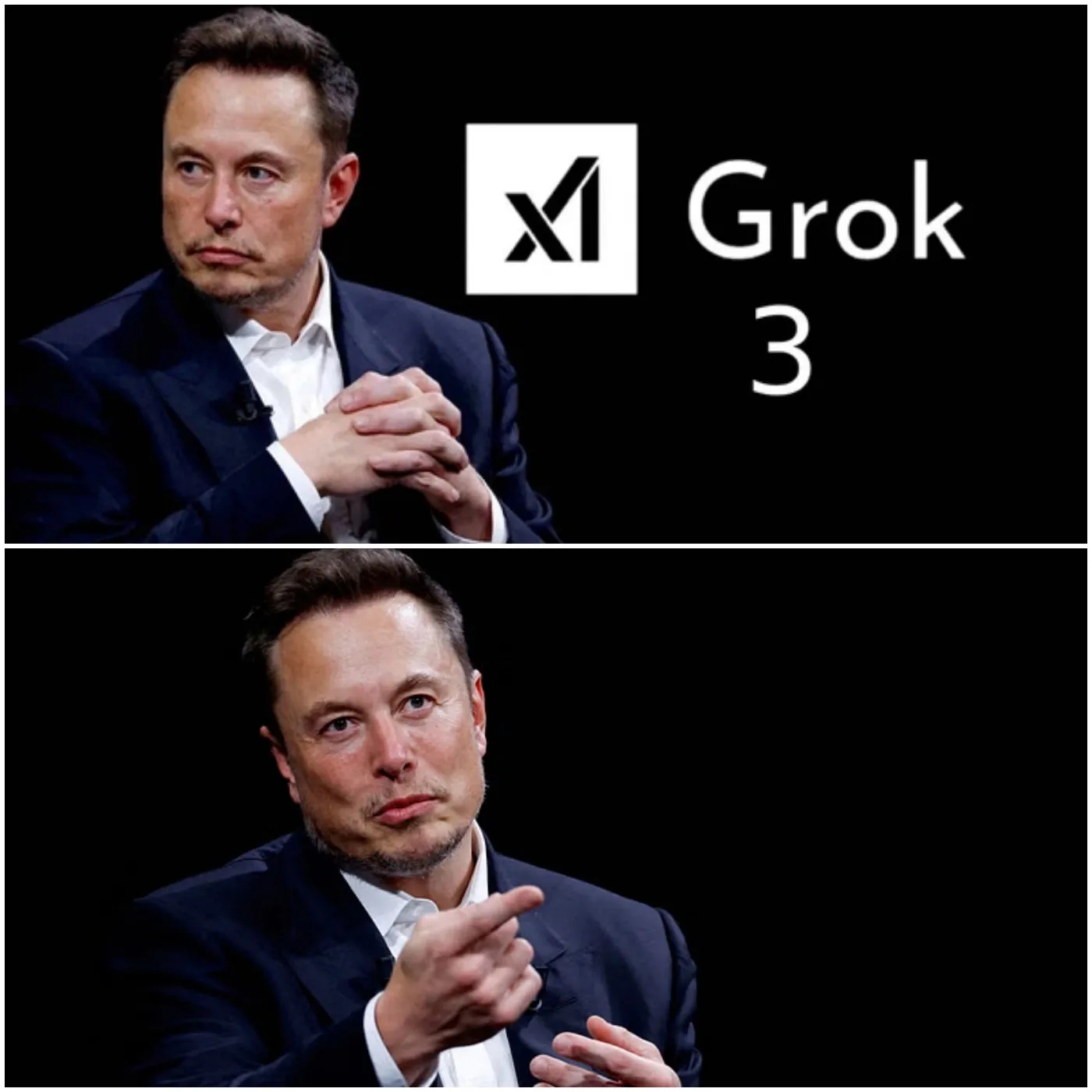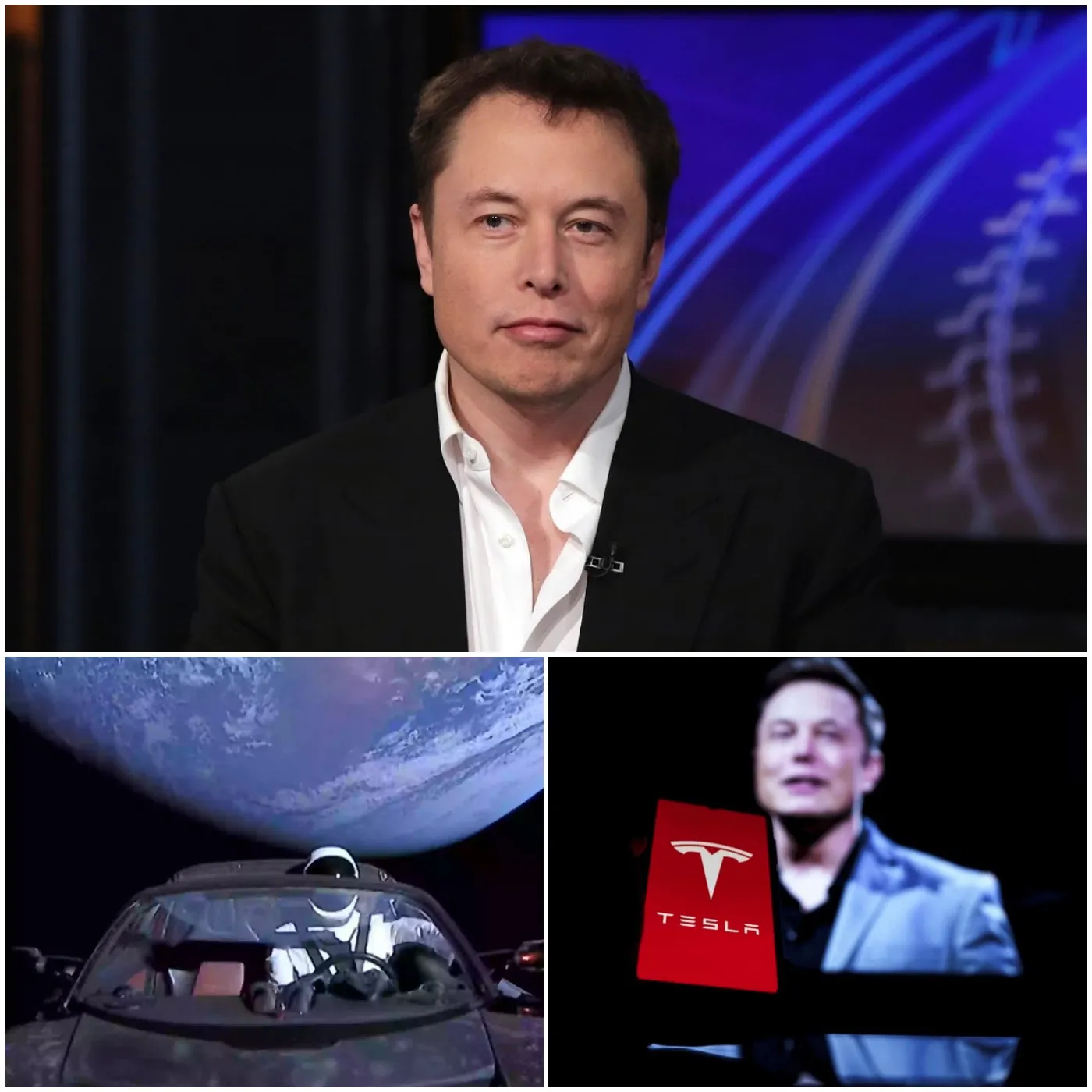

Storm at OpenAI: Elon Musk’s ‘Counterattack’ Revealed
In a dramatic twist, OpenAI has released a series of emails that challenge Elon Musk’s claims about the company’s transformation into a for-profit entity. Musk, who has repeatedly accused OpenAI of straying from its original non-profit goals, is now at the center of a controversy regarding the company’s shift towards commercialization. The new revelations paint a different picture, showing that Musk himself was the one who pushed for a for-profit structure from the outset.
OpenAI’s Revelations: Musk’s Early Push for Profit
On December 13, OpenAI published an article titled “Elon Musk Wants a For-Profit OpenAI.” This post featured a collection of emails and documents revealing Musk’s early involvement in shaping the company’s business model. Contrary to Musk’s previous statements that OpenAI was founded with a focus on non-profit research, the leaked emails suggest that from the beginning, Musk envisioned OpenAI as a for-profit business with him at the helm.
The timeline, which spans from the company’s founding in November 2015 to Musk’s resignation as co-chairman in 2018, includes critical documents that suggest Musk was instrumental in pushing for a profit-driven approach. In fact, as early as 2017, Musk made it clear that the company’s nonprofit structure didn’t seem “optimal.” This was a significant deviation from his public stance that OpenAI’s mission was to develop AI safely for humanity’s benefit.

Musk’s Growing Control and Demands for OpenAI
As OpenAI’s co-founders, including CEO Sam Altman, explored future options, Musk made bold demands. According to Business Insider, Musk wanted 50-60% of OpenAI’s shares, majority control of the board, and the CEO title. These demands were deemed “unreasonable and beyond the authority of an early investor,” according to the Washington Post.
In September 2017, Musk proposed that he should control the company temporarily, but this offer was met with resistance from other co-founders like Ilya Sutskever and Greg Brockman. Their response was firm, stating that the company’s goal was to make the future better, and the risk of creating a “dictatorship of artificial superintelligence” was too great.
When the negotiations failed, Musk proposed merging OpenAI with Tesla to ensure the company’s survival, but this suggestion was also rejected. In February 2018, Musk resigned from his position as co-chairman, with OpenAI describing his departure as a “co-founder giving up.” Musk’s departure was fueled by his belief that OpenAI was “going to fail soon.” However, he continued to provide contributions to the company until 2020.

Disagreements Over the Path to AGI and Musk’s Continued Influence
Despite his resignation, Musk remained closely involved with OpenAI. The leaked emails show that OpenAI was committed to developing Artificial General Intelligence (AGI) from scratch, rather than building it gradually. Musk had always been keen on the development of AGI, and he was regularly updated by Sutskever on the company’s progress. These emails suggest that OpenAI was on track to create AGI sooner than expected, a milestone Musk believed would reshape the future of AI.
In 2023, after his resignation from OpenAI, Musk founded Safe Superintelligence (SSI), a company focused on developing “safe super AI.” His decision to leave OpenAI and start SSI came after years of disagreements, culminating in his belief that OpenAI had become too commercialized and was no longer pursuing the same goals he had envisioned.

OpenAI’s Response: A “Vain Attempt” to Discredit the Company
In response to Musk’s recent lawsuits and criticisms, OpenAI released a strong statement. The company labeled Musk’s legal actions as a “vain attempt” to reshape its narrative and prevent it from achieving its mission. OpenAI emphasized that Musk’s legal strategies would not stop the company from progressing toward its goal of developing AGI.
OpenAI’s response included a pointed remark: “He cannot sue his way to AGI.” The company acknowledged Musk’s contributions in the early stages but made it clear that he should focus on competing in the marketplace rather than in the courtroom. The organization also expressed gratitude for Musk’s initial involvement, but stated that its current trajectory is driven by its broader mission to ensure safe AI development.

A Heated Battle Over AI’s Future
The ongoing conflict between Elon Musk and OpenAI highlights the growing tension in the AI industry, especially regarding the balance between commercialization and ethical considerations. Musk’s legal actions and the release of these emails reveal that his vision for OpenAI was always more profit-driven than what he publicly claimed. As OpenAI continues to move forward with its for-profit model and pursue the development of AGI, Musk’s attempts to reshape the narrative will likely continue to intensify.
For now, OpenAI is focusing on its mission to lead the AI industry while handling the legal challenges Musk has presented. As the battle for the future of AI unfolds, the public will be watching closely to see how these high-profile disputes impact the development of the technology and the companies involved.


















